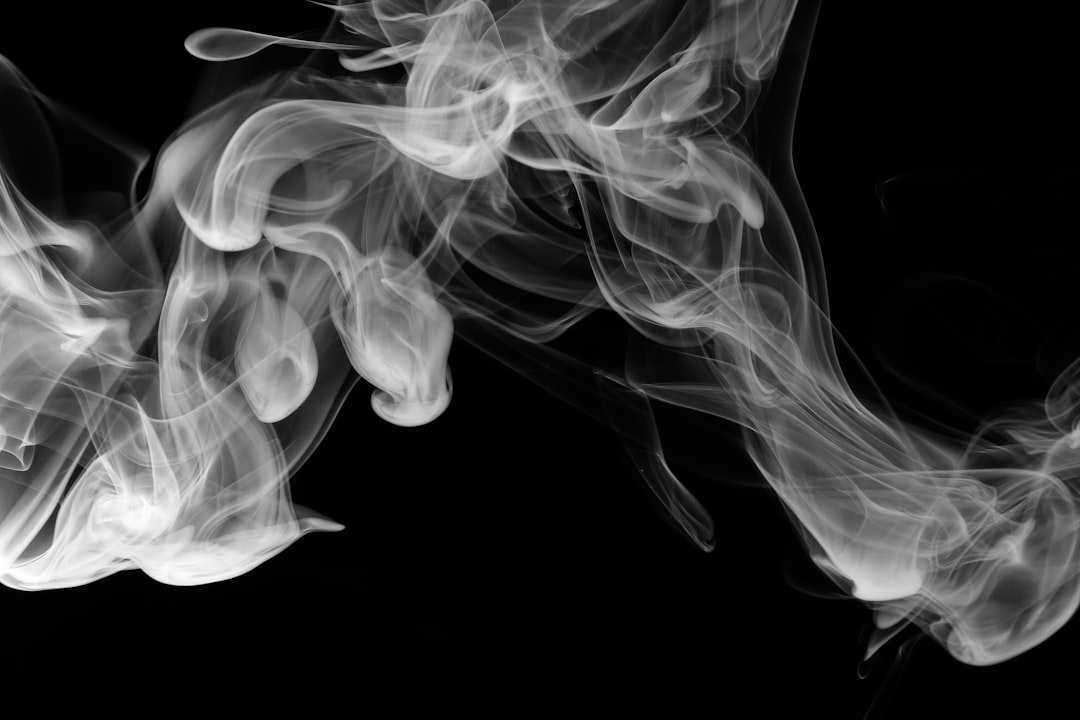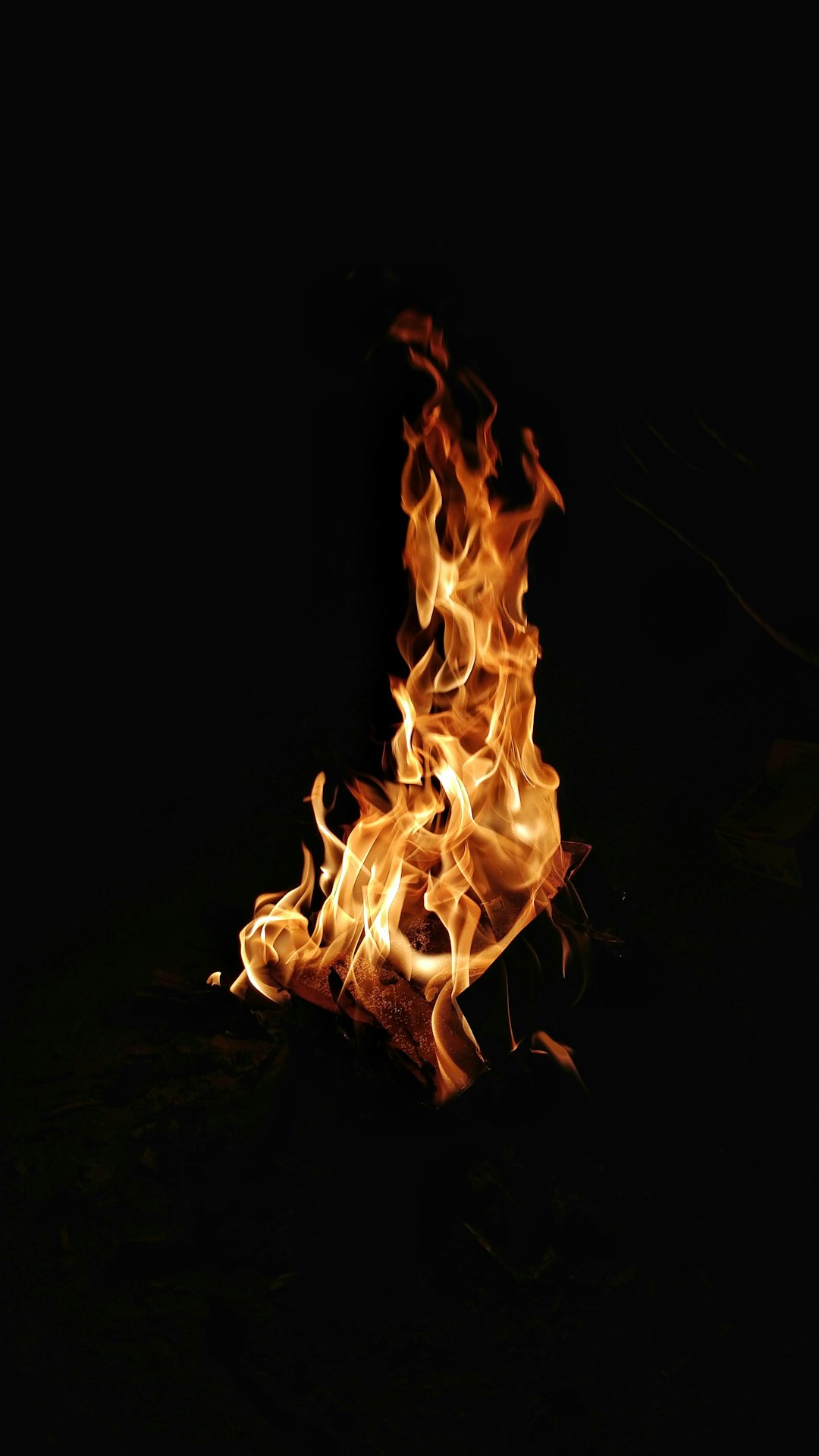Amelia stumbled toward the front door, her ears no longer ringing, just stoppered to all sound. She grabbed the brass knob and jerked, anticipating the wind, but the door easily swung open.
The night street was black, no streetlights, no people, only intermittent light streaking the dark as if, on top of everything else, her retina had torn. She followed the light upward to the corner transformer. The box belched orange flames like a man living and reliving a too-heavy meal at Galatoire’s. So, that was the explosion that had shaken her from her bed and sent her pin-balling toward the front door to see if anyone else had been hit. New Orleans, the land of, “What the hell was that?” The transformer was within spitting distance of her house.
Rain gusted, and she instinctively drew back her orthopedic boot as she stared at the chunks of debris sizzling on the sidewalk. Her thoughts flitted to a fire extinguisher somewhere at the back of a kitchen cabinet. But the silently pulsing fire held her in place. Like the fire on Lake Pontchartrain last summer. Sand on the spread blanket, Craig silently stirring the coals while she went on and on, unable to retreat from her plea to not give up on them. Craig’s stirring stick lifted the smell of char and sizzled fat and kerosene on charcoal. A pleasant smell, not the sulphuric stink of city gas.
Gas.
Why was she smelling gas?
Amelia spun, trying to track the smell. Was it coming from her house? Or just the hurricane squatting over the city and churning up stink from the swamp? Her gaze landed on the porch wall behind her, and she staggered backwards.

A jagged line split the siding. The seam smoked as if slit by the Devil’s fingernail, with insulation poking out its seared tongue. Horrified, she touched the pink fiber before remembering something about spun glass, invisible splinters. Raindrops hit the pink, bleeding it red. Her house, the one thing she’d wrested from Craig in a divorce she was too tired to fight. Her old house riddled with knob and tube wiring that wouldn’t even pass inspection today. Wiring she intended to replace as soon as she found the money. Wiring that blinked at the slightest surge.
“Oh, God.” Her breath came in short, hard spurts, and she pivoted on the heavy boot to clomp back through the living room. Wasn’t there a diamond-shaped knob on the floor beside the stove? Hadn’t she seen Craig twist the knob that disastrous time he tried to make a roux? Except inside the gas smell had grown fainter. She slowed. Was the leak from the pipe going into the house, maybe? But she still needed to shut off the knob, right? She stepped toward the kitchen counter and whacked her toe on a bar stool.
Pain shot up her leg, and she almost hauled back and kicked the damn stool. Stupid stools with their aluminum curlicues that stabbed you in the back. She’d threatened every morning of their marriage to drag them to the curb, but once they were hers, had she? No. She’d held onto them like demented voodoo dolls, torturing herself for being unable to let go of a life clearly over. She blinked, forcing herself to focus in the disorienting, silent blackness. Carefully, she nudged forward. Her foot hit curved wood. Molding. Good. She stepped her fingers onto the tiled kitchen counter, and knocked a plastic container light as air to the floor.
Chris’s baby bottle, scrubbed and stacked on the drainage rack earlier that evening. Just the one, an allowed indulgence so he could sleep easy.
Anger surged through her. Oh, Margaret Orr, weather girl to the stars, let’s form a krewe and worship at your feet. Margaret telling them Isaac would be low-key, lots of rain, nothing more. Then the monster makes camp over the city, knocking down trees, igniting transformers, turning the night to charcoal, leaving her deaf in the dark.
A sob escaped her throat. If Chris cried, she couldn’t hear him. He could be crying now. Crying into the dark, unheard. She had to go to him. Scoop him up and flee. Pivoting, she stepped into a smell of raw sewage so foul she almost gagged.
Confusion mottled her brain. Where was the danger—here or there? The gas-filled kitchen or her sleeping child? Or both, but which was worse? If the gas ignited, that would be worst.
Pressing her hip against the counter, she lurched toward the stove and rammed belly-first into the edge of the stainless steel sink. She cursed, grabbing her stomach. The rotten egg smell of her kitchen flushed into her face, and she thought she would vomit. Her throat worked, but nothing came up. “Dear God in heaven.”
Oh, lord. Had she shouted? Had she woken Chris? She strained to hear through the muffled quiet, working her jaw, trying to pop her ears, sticking in her fingers and waggling.
She stilled.
The hair on the back of her neck rose. She wasn’t alone in the kitchen.
“Christopher?” she whispered.
Fingers pressed into the flesh of her calf. She knelt, running her hands up the child’s bowed legs and stubby little trunk before feeling for his head. The yeasty scent of toddler filled her nostrils.
“Oh, Chris,” she said, and explored his face like a blind woman, searching for tense cheeks, a wailing mouth, but she was graced with softness. She found his bow lips and leaned in to kiss. When she pulled back, she could see his eyelashes, faint, but true. An echo of light had entered the kitchen. Behind him, the pre-heat light on the oven had popped on. The oven’s coils glowed.
Christopher, so bright for his age, turned to see what his mama was seeing.
She shielded his eyes with her palm as if that could make the danger go away.
“You my happy boy? Yes, you are. You’re my happy boy.” She wrapped him in her arms and, still crouching, pressed him to her chest while she duckwalked to the stove. Feeling along its enamel side, she searched for the knob, cooing as Chris squirmed in her too-tight grip. Her knuckle hit metal, and she twisted again and again until it wouldn’t twist anymore.
“There now.” She patted Chris on the back as she stood. “You wanna see the fireworks? Come on, let’s go outside and see the pretty fireworks.”
Her t-shirt was hiked over her pajama shorts, and she struggled to pull it down, catching Chris’s pajamas instead. It was soaking wet. So had he heard the boom and woken in fear and wet his yellow monkey pjs?
“Mom-key,” she said, soothing him with his obsession—monkeys on the bedspread, monkeys on his pjs, monkeys incarnate in his favorite stuffed animal. She rubbed his back as an excuse to meld him to her while she navigated the barely visible counter to enter the wide open living room that spread oil-black. Where was the maple rocker? Would she step on its runners and slam the chair into her child? Or was it the little wooden table waiting to bang her shin and throw her onto the ground with her child smothered beneath her?
She lunged forward, lowering her shoulder at the last minute to cushion Chris from come-what-may. When nothing rammed into her, she swerved left and snagged the overnight bag she’d packed just in case—Margaret Orr be damned—plus her wallet and keys.
“Mommy!”
“Chris? Chris?” She could hear him, she could hear her child. Gasping in relief, she kissed his cheek. Then another, laughing into his giving flesh. “Oh, my precious boy. Mama’s here. Mama’s here, baby.”
Suddenly, he arched his back, almost flinging himself from her arms. “Mom-key!” He wailed, his head thrown back. Twisting, he pointed toward the bedroom.
Mom-key. Not Mommy. He’d been calling for his lovie.
“Mom-key will be fine, he’ll be fine,” she soothed, cursing herself for saying the word around him.
But Chris pushed his palms against her chest. “Mom-key!”
Her heart dropped. Mom-key had slept under her son’s crooked arm every night of his remembering life. Mom-key was who he called for when a fever hit. Who he loved more than anything, as if he knew it was his only gift from his dad.
Before she could change her mind, slow as a nightmare in the clomping boot, she hobbled from the living room, past the toxic kitchen, ignoring the image of wires pulsing red inside her walls. Quickly, she snatched up Mom-key and snuggled him in Chris’s waiting arms.
Outside, the transformer was engulfed in flames, smoke dancing around it. The pole angled toward her house. Her house, her prize for the future.
“Mommy, mommy,” Chris’s wet lips whispered. Not scared. Amazed. His hot breath tickled her ear. Calling her this time. Then louder, “Mommy, Mommy!”
His arm brushed her jaw. She followed where he was pointing. The flames on the transformer flared and receded, flared and receded.
“Itsy.”
She watched the fire, growing and dying. Working its way down the pole, while the debris at its foot licked up the pole. The flames might burn themselves out, or meet in the middle and chomp, chomp, chomp until the fire ate through the wood, and the pole toppled onto her house as if axed.

Either way, no one was coming to check on it, not in this city, not during a storm. The clouds would keep swirling, the rain falling. She would take her child and escape and tomorrow would reveal a new day. House, no house. Didn’t matter. Well, it did. But the bigger joy was in her arms, humming, “Itsy Bitsy Spider.” Crawling up and down the water spout. Her son was a genius. Or just a kid.
As she fled down the front steps and rounded the corner to the car, she felt the weight of Chris in her arms, Mom-key pressed between them.
About the author:
Ellen Morris Prewitt's work has appeared in Hotel Amerika, Image, Gulf Coast, Arkansas Review, Fourth Genre, Barrelhouse, Alaska Quarterly Review, and elsewhere. One of her stories received a Special Mention from Pushcart Prize; a second was nominated. Her novel on the 2nd Coming and mass incarceration was a shortlist finalist in the William Faulkner-William Wisdom novel-in-progress. She was the Peter Taylor Fellow at the Kenyon Summer Writing Program; she frequently leads workshops and conversations on writing. For eight years, she led a writing group of men and women experiencing homelessness and edited their book, Writing Our Way Home: A Group Journey Out of Homelessness (Triton Press, 2014). She splits her time between the Mississippi Gulf Coast, Memphis, and New Orleans, where she's been known to appear in costume.


